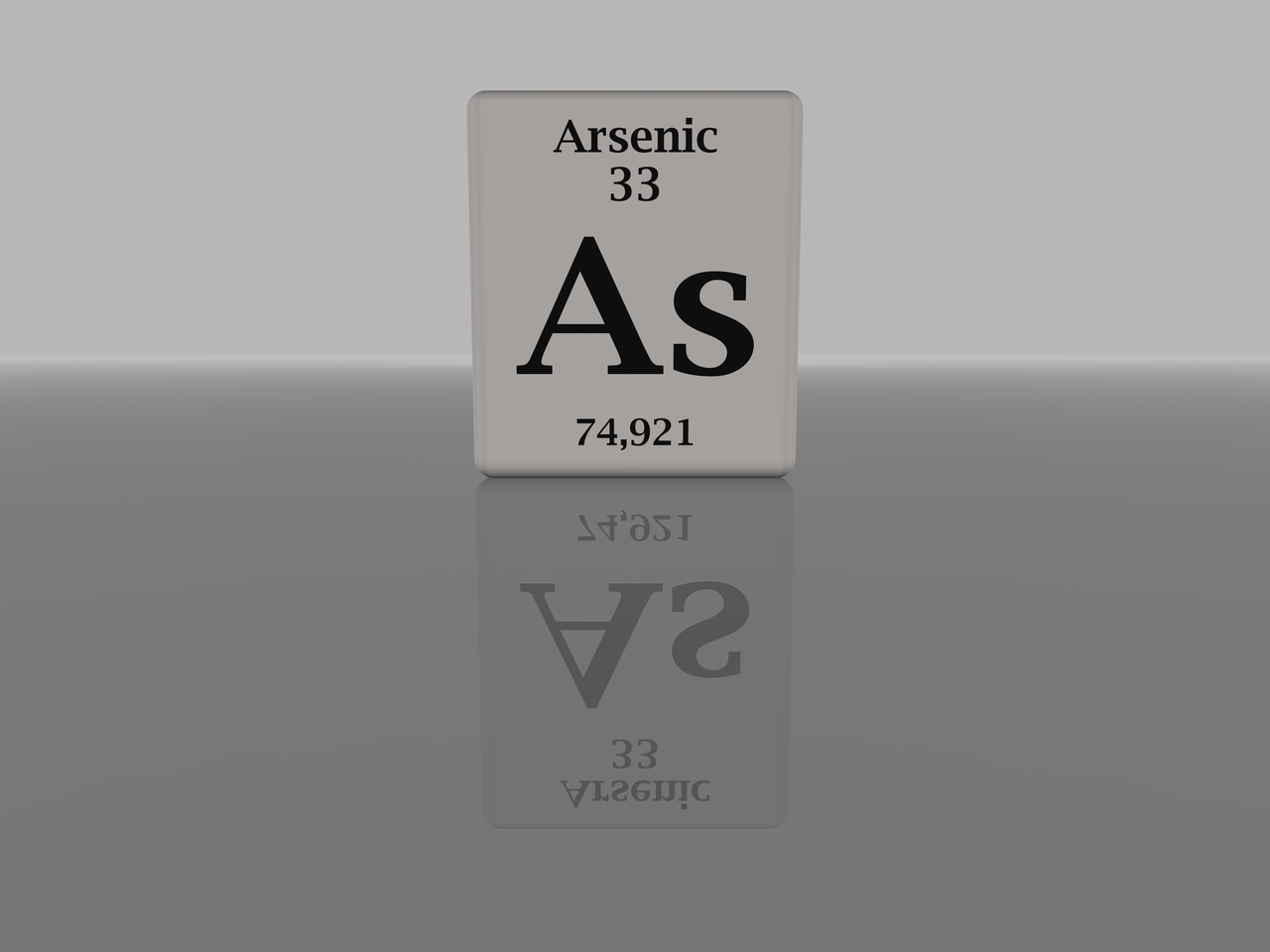
Arsenic May Help Kill Liver Cancer Cells
- News
- 2.1K
Liver cancer or hepatocellular carcinoma is caused by the uncontrollable growth of liver cells. It has the lowest survival rate and, according to a recent WHO report, is among the top five most prevalent fatal cancers.
A new study by a collaborative team of researchers from India and America has found that Arsenic Trioxide – a naturally occurring metalloid – may be helpful in inducing cell death and also halt the growth of liver cancer cells.
Apoptosis or cell death is a process in which a programmed sequence of events results in cell death without releasing harmful substances into surrounding areas. Apoptosis is important for developing and maintaining the health of the body by eliminating old, unnecessary and unhealthy cells.
In this study, laboratory-grown cancer cells and normal cells were treated with different concentration of arsenic oxide followed by observation and analysis of the cell behavior. Scientists noticed changes in cell shape of both types of cells and they appeared round in shape as compared to elongated in untreated cells. It was also seen that cells detached themselves from the surfaces and formed a clump, and more number of clumps were seen in cancerous cells compared to normal cells.
This made scientists conclude that arsenic trioxide helps in altering the apoptotic and anti-apoptotic protein and it also influences numerous signaling pathways, particularly by suppressing an anti-apoptotic protein called Bcl-xL.
Arsenic is known for its toxicity and carcinogenic nature but scientists say that this very nature of it can be exploited to kill liver cancer cells. “Throughout history, arsenic has been known both as a ‘healer’ and a ‘poisoner’. It holds a place in medical history too, particularly in the treatment of two great scourges of early times – trypanosomiasis or ‘sleeping sickness’ and syphilis,” explained Nadra Sadaf, a member of the research team, while talking to India Science Wire.
“We have proved mechanistically that arsenic-induced more cells death in liver cancer cell lines as compared to normal liver cells lines. This finding suggests that it could be a promising potential therapeutic agent against liver cancer which needs further testing by the in-vivo investigation,” said Dr. Rizwanul Haque, Associate Professor of Biotechnology at the Central University of South Bihar, who led the study.
Researchers determined the cell viability i.e. the number of cells that were alive and found that viable cells in liver were decreasing on increasing the incubation time and concentration of Arsenic which indicates that Arsenic have anti-proliferative property.
“Arsenic trioxide is already in use as a chemotherapeutic agent to treat acute promyelocytic leukemia. What matters is the dose, which decides whether it will act as a carcinogen or drug,” commented Dr. C. Thirunavukkarasu, assistant professor in biochemistry and molecular biology at Pondicherry University, who was not connected with the study.
In future, the researchers plan to use already known natural compounds in combination with arsenic to see their effect separately or in the combination of arsenic.
This study, published in journal Life Sciences, was jointly done by Dr. Rizwanul Haque, Nadra Sadaf and Dr. Nitish Kumar (Central University of South Bihar); Dr.Vahab Ali and Dr.Sanjiva Bimal (Rajendra Memorial Research Institute of Medical Sciences, Patna); and Dr. Mehboob Ali (Research Institute at Nationwide Children’s Hospital, Columbus, USA). (India Science Wire)
By Yogesh Sharma
Journal Article
Arsenic trioxide induces apoptosis and inhibits the growth of human liver cancer cells
If you liked this article, then please subscribe to our YouTube Channel for the latest Science and Tech news. You can also find us on Twitter and Facebook.


